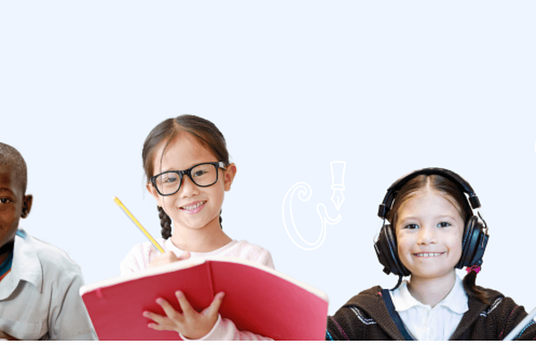Two colliding crises—79.5 million displaced people and a shortage of 69 million teachers globally—means that refugee, and other marginalized communities, find access to quality education limited. Sustained professional learning opportunities in supportive communities of practice are essential to build the dynamic, informed, and skilled teacher workforce necessary to address education inequities.
REA-QHL mobilizes our Sustainable Learning Framework to co-develop courses, toolkits, webinars, workshops, microcredentials, and connected networks with and for educators of refugee, and other marginalized, learners within national school systems and informal learning spaces. We take a connected online approach, utilizing technologies that make learning possible anytime, anywhere, from any device. Our pedagogical framework, Sustainable Learning, weaves together systems thinking, looped learning, purposeful pedagogy, democratic engagement, and digital geographies to create and sustain a healthy learning ecosystem that offers iterative, evidence-based processes to address immediate needs and provide for the emergence of transformative insights and actions. Our efforts to date have led to not only deepening of knowledge and development of skill, but also to shifts in perceptions and practices among educators in the United States, the Middle East, Africa, and Europe.
What started with a pilot project in 2018 involving 30 educators in 7 countries has grown to a community of practice including more than 700 educators in over 50 countries. In the last two years, we have co-created courses with and for primary and secondary school educators in the United States, educators and NGO partners in Europe, NGO partners in Kenya and Egypt, and higher education faculty throughout the Middle East. We have also developed webinar and workshop series spotlighting the voices, practice, and research of practitioners across this network. External evaluation, as well as internal and locally led research, validates both our model and its impact. Over the next 2-3 years, we plan to further build capacity within local contexts to deliver quality holistic learning to all.
Our model is designed for adaptation and contextualization. Quality holistic learning, inclusion, and equity are the common threads in our resources and methodologies, and these methods and materials are modular and mobile, reconfigurable to meet local needs. We are happy to co-develop strategies that address school, organization, or ministry priorities. Contact our team to learn more.



